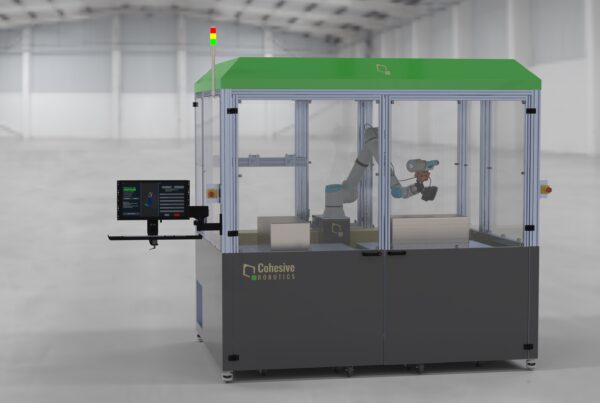Does the United States need a new manufacturing policy? The answer is yes, according to a new poll commissioned by the Progressive Policy Institute, where I am chief economic strategist. The poll, conducted by Pete Brodnitz, surveyed 1500 registered voters in Michigan, Pennsylvania and Wisconsin in early-to-mid February, three swing states that will be critical for the 2020 presidential election in November.
The poll covered high-profile issues such as healthcare, climate change, and budget deficits. But it also probed the attitude of voters towards trade and government-led manufacturing policy, with some surprising results.
These questions were especially timely in light of recent events. The coronavirus epidemic, of course, has illustrated the fragility of global supply chains, and the potential problems with having too much global production concentrated in China. In February, for example, Coca-Cola, for example, warned of possible disruptions in the supply of sweeteners coming from China. Other industries, from steel to pharmaceuticals, face similar potential problems.
But even before the coronavirus crisis, the non-oil merchandise trade deficit widened to a record $839 billion in 2019 (chart). Both exports and imports fell compared to 2018, as the global economy slowed and the trade restrictions implemented by President Donald Trump hit home—but exports fell by more than imports.
The weakening 2019 trade picture hurt factory jobs in the three states being polled. In all three states, manufacturing jobs were down in December 2019 compared to a year earlier, for a collective decline of 15,000 jobs.
The situation is not likely to get better, as the coronavirus crisis hits hard at economic growth. The trade number for January 2020, released March 6, shows a slight narrowing of the deficit. But for the next few months, at least, factory jobs in the U.S. are likely to slump as demand stalls.

CHART: PPI DATA: CENSUS BUREAU
So what the poll show? First, 73% of the respondents in these three states favored a federal role in promoting manufacturing-related jobs in the United States, an overwhelming majority. More surprising, the support was stronger among Republicans and independents than among Democrats.
More precisely, the question read: “Some people say the United States should have a Federal economic strategy that is focused on promoting manufacturing-related jobs in the U.S. Which is closer to your view of this?” About 81% of Republicans, 71% of independents, and 68% of Democrats agreed with the proposition that “It is important that we have manufacturing jobs and with the right policies and strategies, the U.S. can successfully create significant numbers of manufacturing jobs that pay fair wages to U.S. workers.”
Poll respondents in these manufacturing states clearly were not scared of the global economy. The poll showed a strong majority in favor of international trade and trade agreements, with 86% saying that the United States would be better off if we “encourage international trade.” This percentage is about the same across Democrats and Republicans.
Similarly, 67% of respondents think that the trade agreements that the US has with other nations makes the US better off. Here the surprise is that education does not appear to matter—respondents with and without a college education both seem to approve of trade agreements.
But there is overwhelming support for the proposition that China violates world trade rules. That belief was held by 82% of respondents, and by 90% of the people polled who were 50 years and older.
These poll results have interesting political and policy implications. First, to the degree that these states will be battlegrounds in November, candidates have reason to propose robust pro-manufacturing policies. That doesn’t mean running away from globalization—there’s little support for that—but rather taking measures that will support manufacturing jobs at home.
Moreover, the coronavirus crisis has highlighted the dangers of relying on one country as a production center, and emphasized the importance of having a flexible and diverse supply chain.
Building up America’s digital manufacturing capacity should become a political and policy priority. As we wrote in a January 2019 policy brief, we need to jumpstart a new generation of manufacturing entrepreneurs. We also need to help existing U.S. manufacturers modernize into digital technologies, both with expertise and with low-cost loans. In today’s global economy, the U.S. needs its share of production.
The chief economic strategist at the Progressive Policy Institute, senior fellow at the Mack Institute for Innovation Management at Wharton and the former chief economist at BusinessWeek.
The insight is from Forbes.com. You can read the full article by clicking here.






